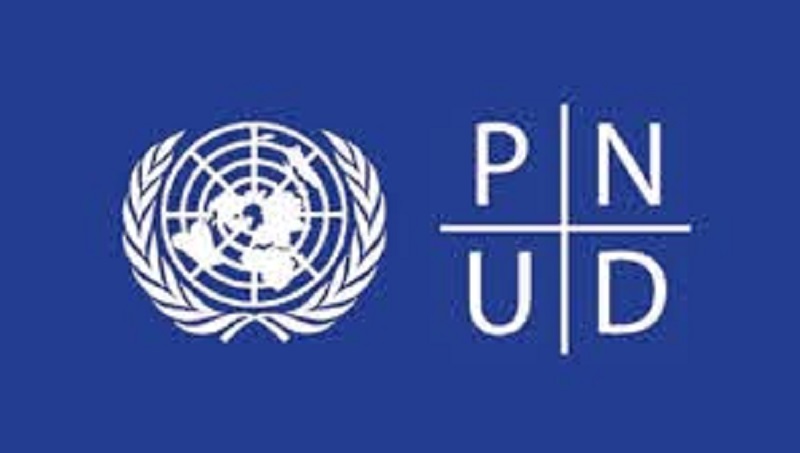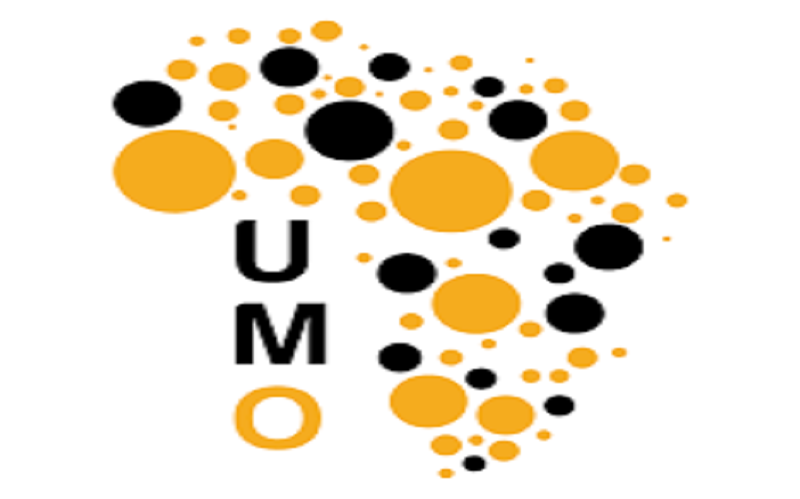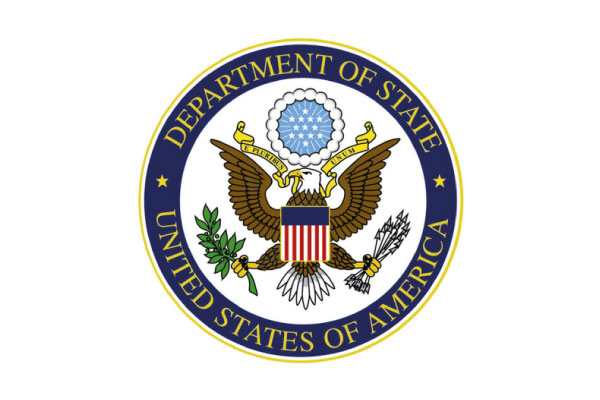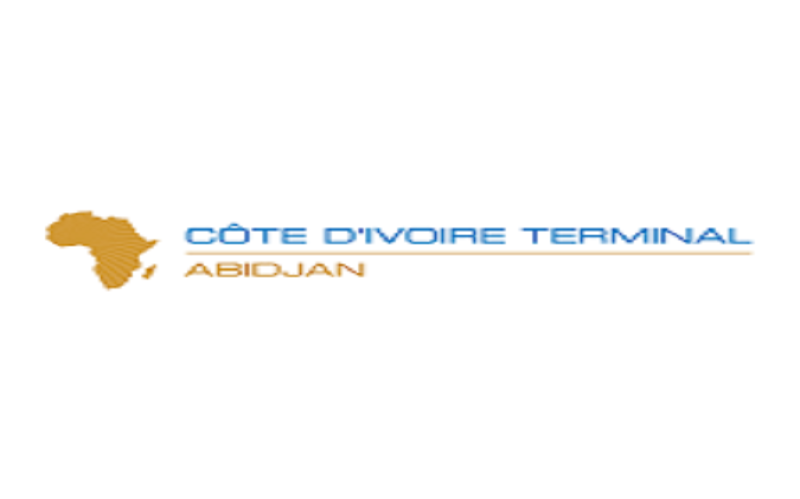Le PNUD s’engage à assurer la diversité du personnel en termes de sexe, de nationalité et de culture. Les personnes issues de groupes minoritaires, de groupes autochtones et de personnes handicapées sont également encouragées à postuler. Toutes les candidatures seront traitées avec la plus stricte confidentialité.
UNDP does not tolerate sexual exploitation and abuse, any kind of harassment, including sexual harassment, and discrimination. All selected candidates will, therefore, undergo rigorous reference and background checks.
The Liptako Gourma (LG) area, comprised of bordering regions in Mali, Burkina Faso, and Niger , is home to approximately 17 million people. Since 2015, it has increasingly become one of the epicenters of violence in the Sahel, experiencing a proliferation of armed groups. During the period between 2018 and July 2020 there was a fivefold increase in the number of violent incidents and conflict-related deaths compared to the 2015-2017 period. Inter-ethnic violence is on the rise. The crisis has triggered significant displacement of populations in the three countries. The conflict in the Sahel is caused by a complex interplay of factors, including political marginalization and grievances, jihadi ideologies, competition over natural resources, different streams of organized transborder crime, and locally confined inter-and intra-community conflicts. Climate change and related natural hazards such as droughts and floods further aggravate socio-economic vulnerabilities. Since 2020, the outbreak of Covid-19 combined with related movement restrictions imposed by the three governments has added another layer of vulnerability for populations in the LG area, further eroding livelihoods and increasing poverty, besides impacting on food security. Despite these multiple factors of instability, the Liptako-Gourma sub-region has strong potential and assets to address existing risks and vulnerabilities. To respond to this crisis, in recent years several initiatives have been established, or strengthened, for institutional coordination on security and development policies’ matters, based on the acknowledgment that exclusively military solutions are not sufficient to address the multidimensional crisis in the Sahel. DocuSign Envelope ID: B59ED6D5-0BAD-4A1D-9E71-997FDAF13514 United Nations Development Programme Personnel Services Agreement Page 2 In this framework, there is a growing recognition that, despite the number of existing initiatives, more efforts need to be pursued to swiftly redeploy authorities and state services to local areas, once they have been secured from the presence of militias, and to launch social cohesion initiatives to avoid the return of jihadists. As a response to this call, UNDP and its partners quickly mobilized to develop the Stabilization Facility for the Liptako-Gourma region (SFLG) with the aim of supporting the LGA and the Government of Mali, Niger and Burkina Faso to implement quick impact projects in so-called « fragile » areas in order to facilitate the redeployment of authorities and essential services in the framework of the « civilian surge ».
Duties and Responsibilities
1. Ensure that national stabilisation objectives are achieved as pertaining to civil-military aspects of the programme focusing on achievement of the following results :
- Serve as a liaison with the security forces in coordination with the UNDP Liptako Gourma Regional Stabilization Facility in Dakar;
- Establish and maintain dialogue with national and international security forces;
- Ensure effective dissemination of information between civilian actors, UNDP/ Liptako Gourma Stabilization Facility, Partnership Platforms, relevant civ-mil actors, and security forces;
- Attend relevant coordination meetings to gain awareness of security issues and assess potential risks;
- Maintain a contact database of civil-military stakeholders locally and regionally;
- Provide situational analysis; prepare weekly updates;
- Advise the UNDP/ Liptako Gourma Stabilization Facility on all civil military issues locally and nationally and on their potential implications regionally;
- Work with existing civ-mil actors in the country and LG region to develop a coherent civ-mil approach and guidelines for implementing stabilisation.
2. Establish contact and build sustainable dialogue with local, national, and regional security (military, police) forces focusing on achievement of the following results:
- Monitor and analyse security situation of the sites pre- and post-selection of sites;
- Contribute to and evaluate Facility’s criteria for the engagement and selection of activity locations, including pre-selection (assess and re-evaluate checklists for collecting relevant data in local security conditions);
- Analyse the country’s civil-military architecture, analyse common opportunities, challenges, and gaps ;
- Use lessons learned from other relevant settings to suggest application of best practices to LG;
- Provide initial proposed selection of activity areas with tiered options for the initial stabilisation fund and subsequent investments.
3. Engage with other relevant (governmental, humanitarian, community) actors on civil-military issues for the following results:
- Successful roll-out, management and delivery of the civil-military stabilisation mechanism in country, as per the signed Project Document, agreed-upon results and resources framework, and work plan;
- Establishment of regular dialogue and strategic and operational partnerships with national, regional, and international military and civ-mil counterparts for effective coordination and implementation of the Stabilisation Facility ;
- Continuous monitoring and evaluation of methodology for activity/location selection based on agreed criteria;
- Contribution to the chapter on Civil–Military Liaison in the overall Lessons Learnt on stabilization, to inform wider policies and programmes in the Sahel, as well as UNDP corporate practice development.>
4. Institutional Arrangement The Security Force Liaison Specialist will work under the overall guidance of the Resident Representative, the direct supervision of the Deputy Resident Representative (Programme), and in close collaboration with UNDP Dakar Hub and Senior Advisor. He will be responsible for managing relations with security forces in-country, in close consultation with the Stabilization Facility, and for ensuring continuous civil-military liaison and dialogue and advising the CO on all security implications affecting stabilization interventions.
Competencies
Management and Leadership :
- Build strong relationships with clients, focus on impact and result for the client and respond positively to feedback; Consistently approach work with energy and a positive, constructive attitude; demonstrate good oral and written communication skills; demonstrate openness to change and ability to manage complexities; Excellent oral communications skills and conflict resolution competency to manage inter-group dynamics and mediate conflicting interest of varied actors; maturity and confidence in dealing with senior and high-ranking members of national and international institutions, government, and non-government.
Planning and organization:
Proven ability to coordinate, plan and organize, prioritize, manage and monitor work plans, coordinate competing demands, and meet tight deadlines.
Team work:
- Strong interpersonal skills, including the ability to: operate effectively across organizational boundaries; and establish and.maintain effective working and partnership relations in a multicultural and multi-ethnic environment, with sensitivity and respect for diversity Results-based Management (Functional)
- Ability to manage programmes and projects with a strategy aimed at improved performance and demonstrable results. Development and Operational Effectiveness
- Ability to lead strategic planning, results-based management, reporting; to lead formulation, implementation, monitoring and evaluation of development programmes and projects, mobilize resources; to lead business processes re-engineering, implementation of new systems (business side) and affect staff behavioral/attitudinal change and to interact across a wide spectrum of people, as well as at the meeting table within managerial and government offices Knowledge Management (Functional)
- Ability to capture, develop, share, and effectively use information and knowledge.
Required Skills and Experience
Education:
- Advanced University Degree (Masters) in Law, Military Affairs, Public Administration, Economics, Political or Social Sciences, Peace and Security, or related field.
Experience:
- A minimum of 7 years of experience in civil-military liaison, or related field.
- Prior experience working with senior ranking military is highly desirable
- Experience in dealing with armed actors in complex emergencies
- Experience in working with UN agencies and advising senior decision makers on civil military issues is desirable.
- Experience in coordination, protocol, and diplomacy around multiple stakeholders with different interests
- Experience in conducting needs assessments and programme design.
- Experience in results-based management, monitoring and evaluation.
- Familiarity with the Sahel region, including the political, economic, and social dimensions desirable.
6. Travel:
a) UNDP will cover the cost of travel of the individual to the duty station, as well as their return to their home upon completion of their services. Travel costs are covered only in the event that the function will be undertaken physically in the duty station and excludes working from home arrangements.
b) Include any official travel expected to be associated with performing the functions
7. The following documents shall be required from the applicants:
- a) Personal CV or P11, indicating all past positions held and their main underlying functions, their durations (month/year), the qualifications, as well as the contact details (email and telephone number) of the Candidate, and at least three (3) the most recent professional references of previous supervisors. References may also include peers.
- b) A cover letter (maximum length: 1 page) indicating why the candidate considers him-/herself to be suitable for the position.
- c) Managers may ask (ad hoc) for any other materials relevant to pre-assessing the relevance of their experience, such as reports, presentations, publications, campaigns or other materials.
8. Annexes to the TOR
a) Links to any relevant (non-confidential) materials that may help candidates gain a better understanding of the office/unit/project context.
b) Organigram of the office/unit/project indicating the position of the function .
Disclaimer
Applicant information about UNDP rosters
Note: UNDP reserves the right to select one or more candidates from this vacancy announcement. We may also retain applications and consider candidates applying to this post for other similar positions with UNDP at the same grade level and with similar job description, experience and educational requirements.
Scam warning
The United Nations does not charge any application, processing, training, interviewing, testing or other fee in connection with the application or recruitment process. Should you receive a solicitation for the payment of a fee, please disregard it. Furthermore, please note that emblems, logos, names and addresses are easily copied and reproduced. Therefore, you are advised to apply particular care when submitting personal information on the web.





